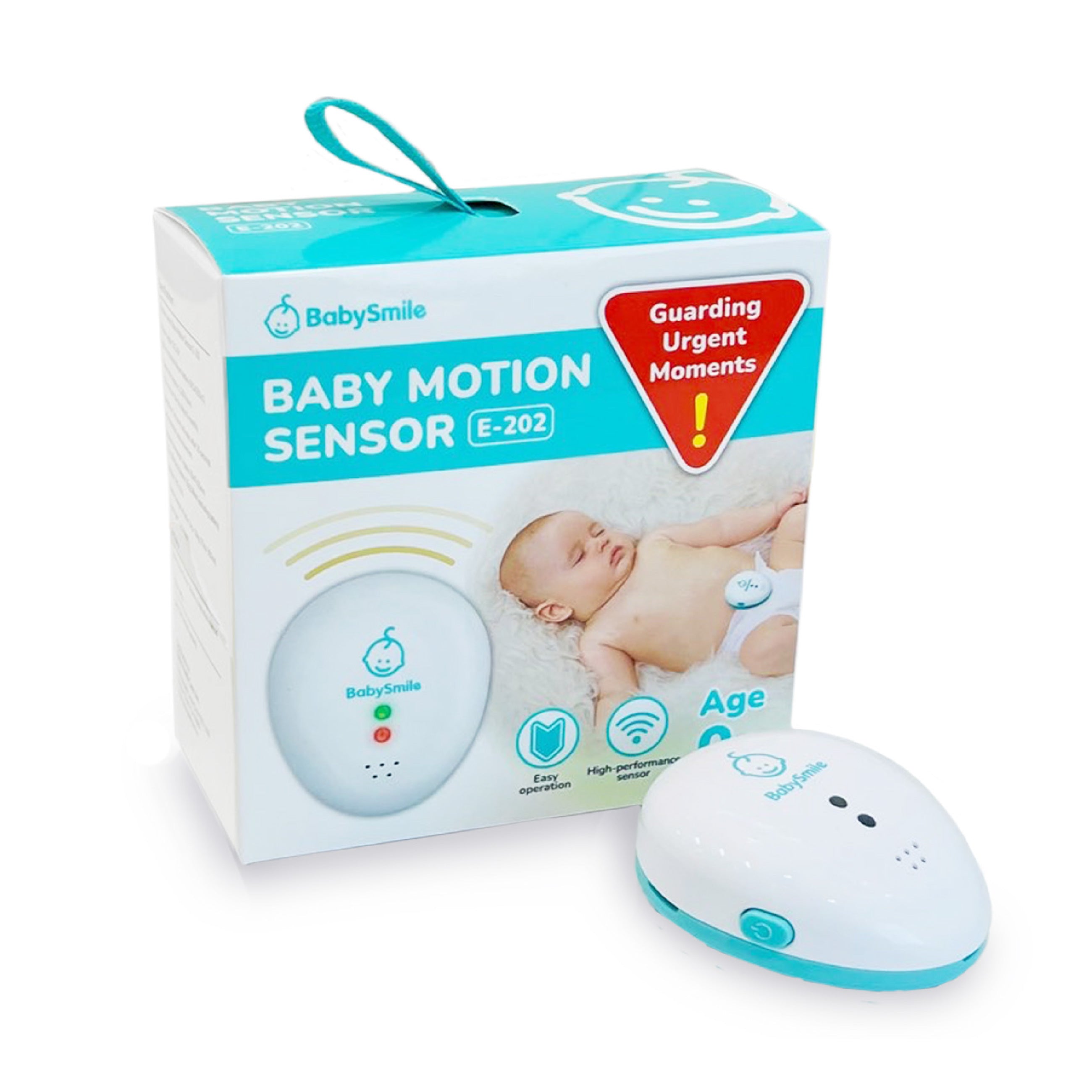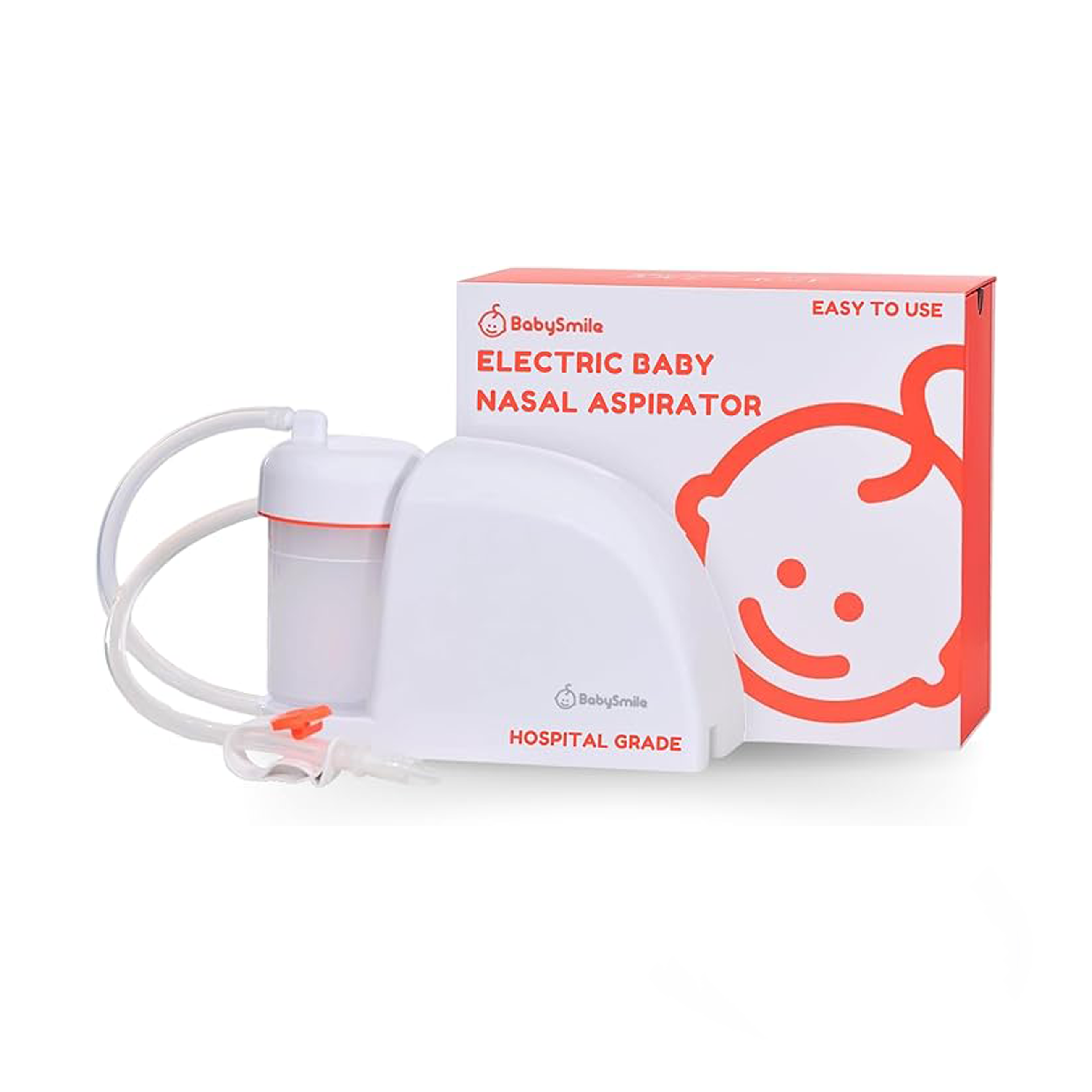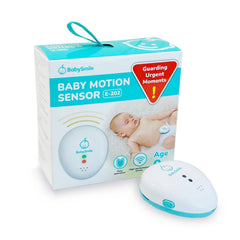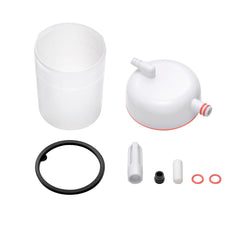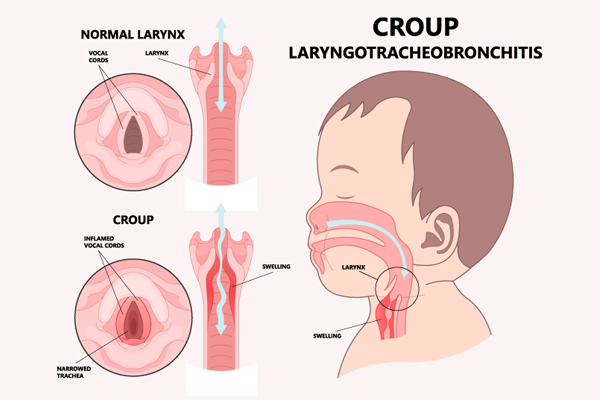Mastoiditis is a complication of a middle ear infection. The mastoid bone is part of the temporal bone which sits at the sides and base of the skull. At one time, mastoiditis was a leading cause of death for young children. Thanks to antibiotics to treat ear infections, mastoiditis is less common and not considered life threatening for children. However, it is still difficult to cure and sometimes requires surgery to treat.
Why Does Mastoiditis Occur?
Mastoiditis usually occurs in children who have an ear infection or recurrent ear infections. The mastoid bone is a oneycomb-like structure where germs and infection can easily collect. When ear infections occur, the inflammation and infection in the middle ear extends into the mastoid cells.
What are the Symptoms of Mastoiditis?
Mastoiditis can resemble many other common upper respiratory illnesses.
Symptoms can include:
- Ear drainage,
- Ear pain,
- Headache,
- High fever or a fever that suddenly increases,
- Hearing loss,
- Swelling that causes ear to stick out,
- Redness in or behind the ear,
- Swollen earlobe.

Can I Treat Mastoiditis at Home?
No. Mastoiditis usually requires antibiotic injections followed by an oral antibiotic.
To diagnose mastoiditis, a doctor will order an x-ray or CT scan of the ear or head and may culture the drainage from the ear. If the problem is indeed mastoiditis, your child will receive an injection of antibiotics followed by oral antibiotics.
Sometimes the infection penetrates so deeply into the bone that one round of antibiotics can’t wipe out the infection. Multiple course of antibiotics are required.
In the most severe cases, surgery to remove and drain the mastoid bone may be necessary.
Complications of Mastoiditis
Left untreated, mastoiditis can become a very serious condition. It can lead to:
- Facial paralysis,
- Destruction of the mastoid bone,
- Meningitis,
- Vertigo,
- Partial or total hearing loss,
- Infection that spreads to other areas of the body, including the brain.
How is Mastoiditis Prevented?
Mastoiditis is a complication of a middle ear infection. If you think your baby has an ear infection, seek medical treatment to correct the problem. Symptoms of an ear infection include:
- Fever, especially in infants and toddlers,
- Fussiness and irritability,
- Ear pain,
- Sleep disturbances,
- Tugging and pulling at ear(s),
- Hearing problems,
- Fluid discharge from the ear(s),
- Clumsiness and trouble balancing.

